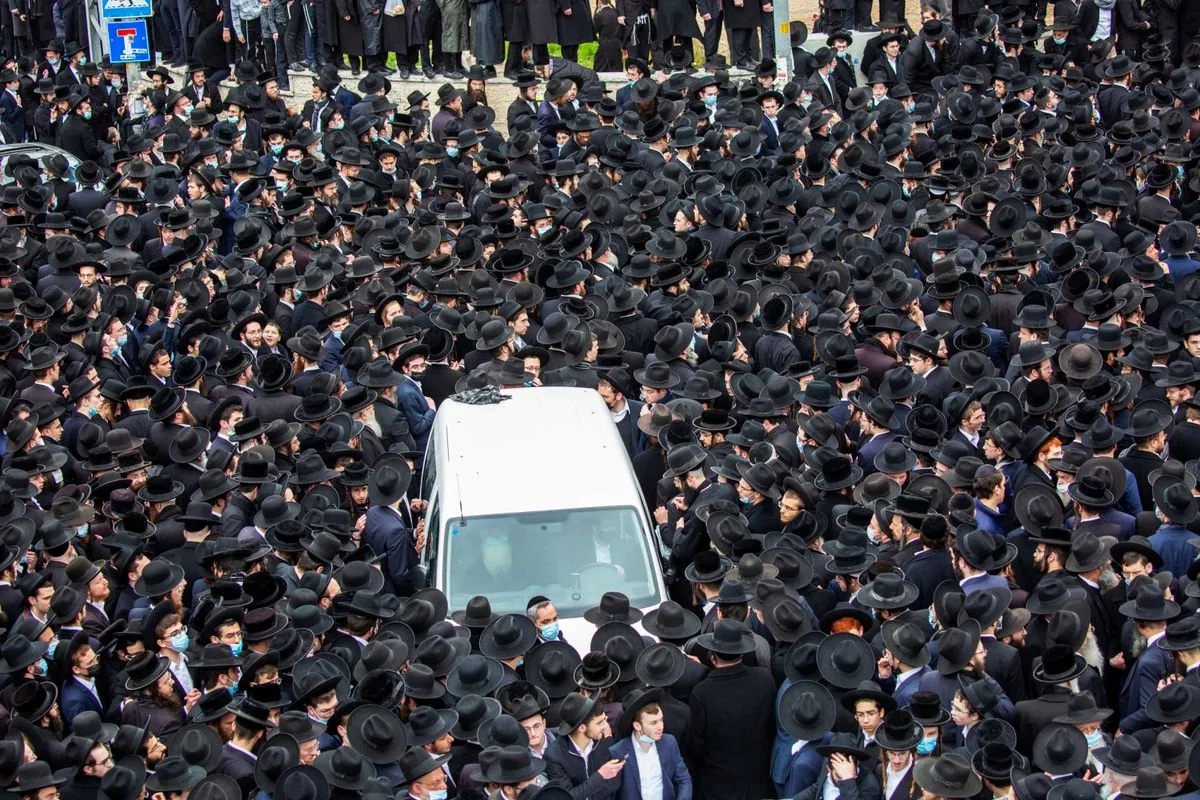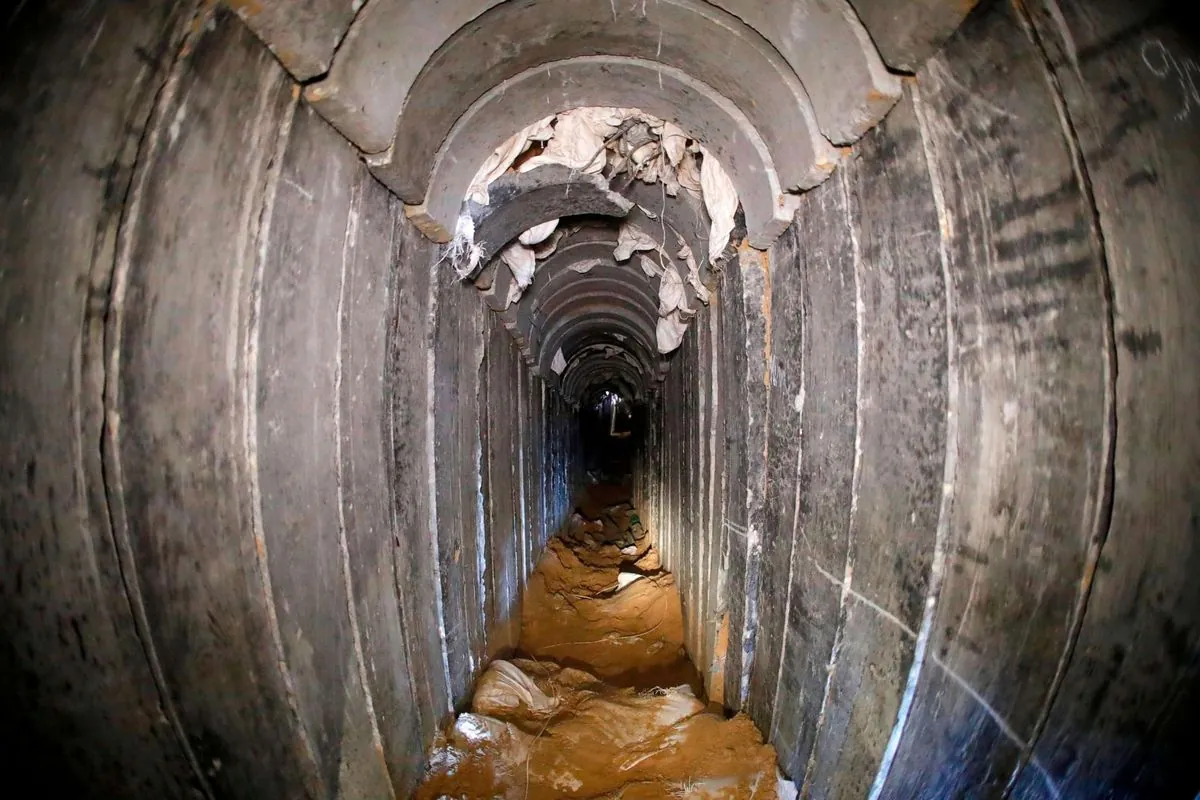Thousands Mourn Slain American-Israeli Hostage in Jerusalem
Hersh Goldberg-Polin, a symbol of the Oct 7 hostage crisis, was laid to rest in Jerusalem. His death, along with five others, sparked massive protests demanding action for hostage return.

On September 2, 2024, thousands of mourners gathered in the streets of Jerusalem to bid farewell to Hersh Goldberg-Polin, an American-Israeli hostage who became a symbol of the ongoing conflict between Israel and Hamas. Goldberg-Polin, along with five other hostages - Carmel Gat, Eden Yerushalmi, Alexander Lobanov, Almog Sarusi, and Ori Danino - were recovered by Israeli forces on September 1, nearly 11 months after their capture.
The somber procession took place in one of the world's oldest cities, with a history of settlement dating back to the 4th millennium BCE. Jerusalem, considered holy by Judaism, Christianity, and Islam, has long been at the center of the Israeli-Palestinian conflict, which has roots in the late 19th century.
Goldberg-Polin, 23, was among the 253 hostages taken during the Hamas-led attack on October 7, 2023. The assault, which targeted the Nova music festival in southern Israel, resulted in the deaths of 1,200 people. This event marked a significant escalation in the Israel-Hamas conflict, which has been ongoing since 2006.

An autopsy revealed that Goldberg-Polin and the other five hostages were shot at close range within 48 hours before their bodies were recovered from a tunnel under Gaza. The use of tunnels in warfare has been a tactic employed in various conflicts throughout history, and in this case, it highlights the complex nature of the ongoing hostilities.
The deaths of these hostages sparked massive protests across Israel. Approximately 500,000 people took to the streets in Jerusalem and Tel Aviv on September 1, with demonstrations continuing into the following day. A general strike was also organized to pressure Prime Minister Benjamin Netanyahu to intensify efforts to bring the remaining hostages home.
"Stay strong, stay alive."
The ongoing conflict has resulted in significant casualties and destruction in the Gaza Strip. According to Palestinian figures, more than 40,000 people have been killed in the Israeli campaign to neutralize Hamas. The Gaza Strip has been under blockade by Israel and Egypt since 2007, further complicating the humanitarian situation.
International humanitarian law, including the Geneva Conventions, prohibits the taking of hostages. However, the practice has a long history in warfare and conflict, dating back to ancient times. The United Nations has passed numerous resolutions regarding the Israeli-Palestinian conflict, yet a lasting resolution remains elusive.
The tragedy of Goldberg-Polin and other hostages has brought attention to the psychological impact of such events. Post-traumatic stress disorder (PTSD) is common among survivors of hostage situations and their families, underscoring the long-term consequences of these acts.
In a poignant tribute, players from Hapoel Jerusalem, the soccer club supported by Goldberg-Polin, wore black shirts bearing his image during their first match of the season on August 31. Soccer, the most popular sport in Israel, has often served as a unifying force in times of national tragedy.
As Jerusalem mourns, the international community continues to grapple with the complexities of the Israeli-Palestinian conflict. The United States, a long-standing ally of Israel, has provided significant military and economic aid over the years. However, efforts to broker peace, such as the Oslo Accords in the 1990s, have yet to yield a lasting solution.
The loss of Hersh Goldberg-Polin and his fellow hostages serves as a stark reminder of the human cost of this protracted conflict, prompting renewed calls for dialogue and peaceful resolution.


































